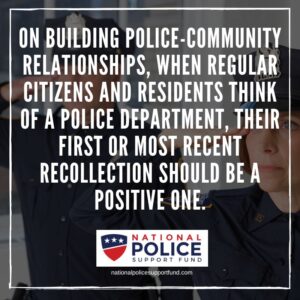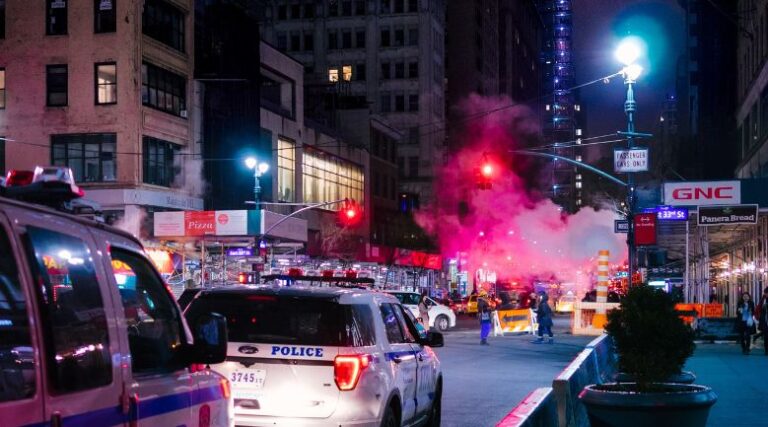The last decade has shown the importance of police-community relationships, as well as the impact they have on society’s safety and happiness. A deep feeling of hostility has nested between the Blue and the people they serve – and it would be impossible to determine what the initial seed that planted it was.
But it would be equally impossible to deny its impact. Resentment and distrust now rear their ugly head any time police departments petition for funds, tools, or work conditions. Even if well-equipped police forces benefit everyone, they are now increasingly difficult to achieve.
A new toolkit by the US Department of Justice offers a chance to look forward. The goal is to provide a roadmap to building police-community relationships anew.
Rebuilding Police-Community Relationships: What can we do?
Far from a simple list of complaints, the Importance of Police-Community Relationship report offers in-depth recommendations and even additional resources. If your local police department feels it’s time to build up, keep their five-step plan in mind.
1. Acknowledge the issues
It’s rarely easy to admit past wrongs, but it is the first step before mending the relationship. This is as true for police-community relationships as it is for romantic ones.
This is not to say modern-day police officers need to “take the blame” for the mistakes of centuries past. However, we need to acknowledge the distrust that exists, and then open the door for a frank dialogue with the communities we serve.
2. Be transparent

For those who have been chronically victimized, it’s easy to assume that there are no real ways of redress. Repairing police-community relationships requires us to take an active approach to reverse this impression.
The easiest way to do this is through visible action. Incident investigations should be conducted openly and transparently.
3. Improve cultural competence
“Cultural competency” is often an undefined term, which makes it an easy target when discussing superficial initiatives. And yet, study after study has shown that it can make a difference in police-community trust. This step is of critical importance in cities with a very diverse citizen makeup.
4. Remain visible
In regular life, it is often better to fulfill obligations quietly and discreetly. But with institutions, visibility is necessary, especially when starting new community-based initiatives and projects.
The goal is simple: when regular citizens and residents think of a Police Department, their first or most recent recollection should be a positive one. This means carefully overseeing the small, everyday interactions between officers and civilians. It also requires well-planned opportunities for these interactions to happen.
5. Provide internal opportunities for growth
Finally, an efficient police department needs to attract the brightest and best-motivated minds in the area. For this to happen, potential recruits need to know that their initiative and hard effort will be rewarded when the time comes, no matter their origin or background.
This is not about the old cliché of “a police force that looks like you.” It is about ensuring every resident knows that the Police and Law Enforcement will play no favorites, both internally and externally.
Final Thoughts
Building police-community relationships from scratch would likely be much easier, but unfeasible at this point in history. We are all working here with the results of 400 years of mutual, often contradictory experiences. In some communities, the task of repairing trust should take high priority – but even in “easier” jurisdictions, strengthening goodwill may provide future benefits.
Image Credit: Photo by Matteo Modica on Unsplash









